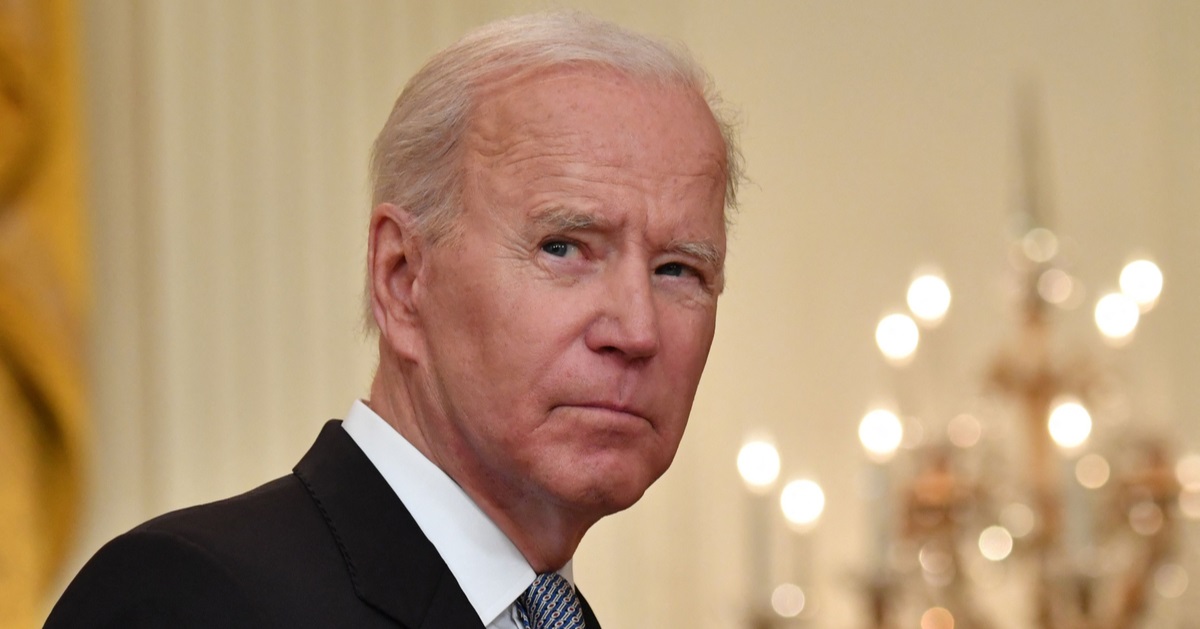Judge blocks FEMA from reallocating $4 billion in disaster prevention grant funds
A top priority for President Donald Trump's administration is the elimination of wasteful, fraudulent, and abusive federal spending, and it has worked to curtail various taxpayer-funded programs that it believes fall into one or more of those categories.
One such program slated to end involved funding assorted state-level natural disaster preparedness and prevention projects, but a federal judge just issued a preliminary injunction that blocked the administration from reallocating the program's funds elsewhere, the Associated Press reported.
The judge ruled in favor of a request from a coalition of 20 Democrat-led states to prohibit the Trump administration from spending the program's approximately $4 billion on anything else, at least until a final decision on the merits of the states' complaints is reached.
FEMA announced end of disaster preparedness grant program
In April, the Federal Emergency Management Agency announced in a press release that it was ending the Building Resilient Infrastructure and Communities (BRIC) program and cancelling all funding applications from Fiscal Years 2020-2023, with any remaining or unspent grant funds earmarked to be reallocated to the Disaster Relief Fund or returned to the U.S. Treasury.
At the time, an unnamed FEMA spokesperson explained, without further detail, "The BRIC program was yet another example of a wasteful and ineffective FEMA program. It was more concerned with political agendas than helping Americans affected by natural disasters."
The AP reported that the BRIC program was utilized by states to acquire grant funds for a wide assortment of disaster preparedness and prevention projects, including things like "strengthening electrical grids, constructing levees for flood protection, and relocating vulnerable water treatment facilities," among many other things, in both urban and rural communities.
Notably, however, after the coalition of Democrat-led states filed a lawsuit in opposition to the move, FEMA asserted in a court filing that it hadn't yet made a final decision to end the program and was "merely evaluating" whether or not to do so.
Preliminary injunction issued
On Tuesday, Massachusetts U.S. District Judge Richard Stearns, a Clinton appointee, ruled in favor of the Democrat-led states and issued a preliminary injunction to block the Trump administration from reallocating or spending the BRIC program's $4 billion fund elsewhere.
In the 15-page decision, Stearns wrote, "Although the Government equivocates about whether it has, in fact, ended the BRIC program, the States’ evidence of steps taken by FEMA to implement the announced termination portend the conclusion that a determination has in fact been made and that FEMA is inching towards a fait accompli."
"The agency has cancelled new funding opportunities and informed stakeholders that they should no longer expect to obtain any unobligated funds in existing projects," he continued. "Even more tellingly, the monthly Congressional report of the DRF for June 30, 2025, which was published by FEMA on July 9, 2025, shows a net gain of $4.071 billion in the DRF account and a corresponding net loss of $4.071 billion in the BRIC account, each labeled 'Reversal of Building Resilient Infrastructure and Communities Set Aside.'"
As such, even though FEMA insisted that the program had not yet been ended and no existing grants had been cancelled, "while perhaps literally true, do not convince the court that in reality the termination of BRIC is merely a theoretical possibility rather than a preordained outcome."
FEMA lacks discretion to reallocate funds; states face "irreparable harm"
Judge Stearns also asserted in his ruling that, as far as he could tell, FEMA lacked any discretionary authority to reallocate funds appropriated by Congress for a specific purpose, such as the BRIC program.
He further determined that the states had shown "a realistic existence of irreparable harm" if the program was ended, and wrote, "There is an
inherent public interest in ensuring that the government follows the law, and the potential hardship accruing to the States from the funds being repurposed is great. The BRIC program is designed to protect against natural disasters and save lives."
In the end, the judge granted an "appropriately narrow" preliminary injunction, which does nothing more than "prevent the Government from spending the funds elsewhere," and added that "nothing prevents the Government from asking the court to release any necessary funds on an emergency basis should a disaster of unprecedented proportions occur while the injunction remains in place."




